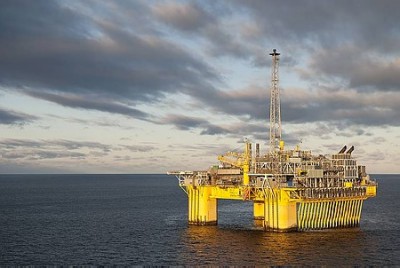With a barrel of oil trading back up at around USD 100, largely because of the political unrest in Egypt, Norway is seeing millions of additional unexpected petrokroner roll into state coffers. But that’s where it will stay, and not be spent, claim politicians.

Prime Minister Jens Stoltenberg has made it clear he won’t be inviting to any parties because of the sudden surge in oil revenues. “We make a distinction between the earning and use of oil money in Norway,” he reminded Norwegians last week. Short-term swings in oil prices have no effect on government spending policy, he said.
Some economists and analysts have estimated that the rise in oil prices could pump as much as NOK 55 billion more than budgeted into the Norwegian economy this year. An oil price of around USD 103 a barrel can generate a billion more kroner a week at current production levels.
The vast majority of Norway’s highly disciplined politicians, however, who stick to a rule that severely restricts spending oil revenues, won’t change their policies or their budgets because of a rise in oil prices. The windfall goes straight into the so-called “oil fund” that saves and invests Norway’s oil money for future generations.
Stoltenberg confirmed that the millions now generated by higher oil prices will have “minimal meaning” for his government’s revised state budget due out this spring. While some parties, including the conservative Progress Party, argue for more use of Norway’s oil revenues, Stoltenberg’s left-center coalition believes it’s wisest to save the money.
Most economists agree, fearing that use of Norway’s oil revenues will overheat the economy.
Not only is Norway gaining on the trouble in Egypt because of high oil prices, shipowners can also see rates rise over any disruptions in traffic through the Suez Canal. Others dismiss disruption fears, though, arguing that all political parties in Egypt would resist closure of the canal because it’s such a large revenue source for the troubled country.
Views and News from Norway/Nina Berglund
Join our Forum if you’d like to comment on this story.

